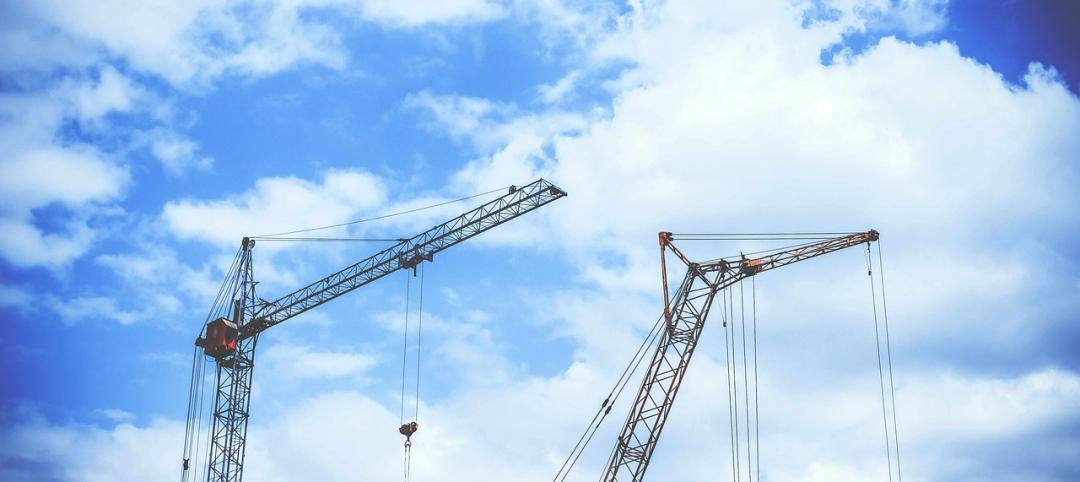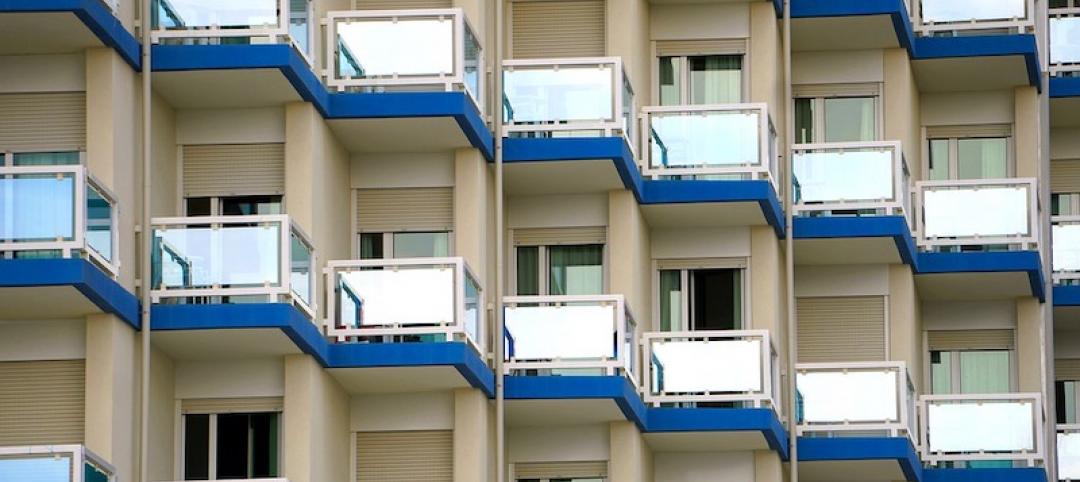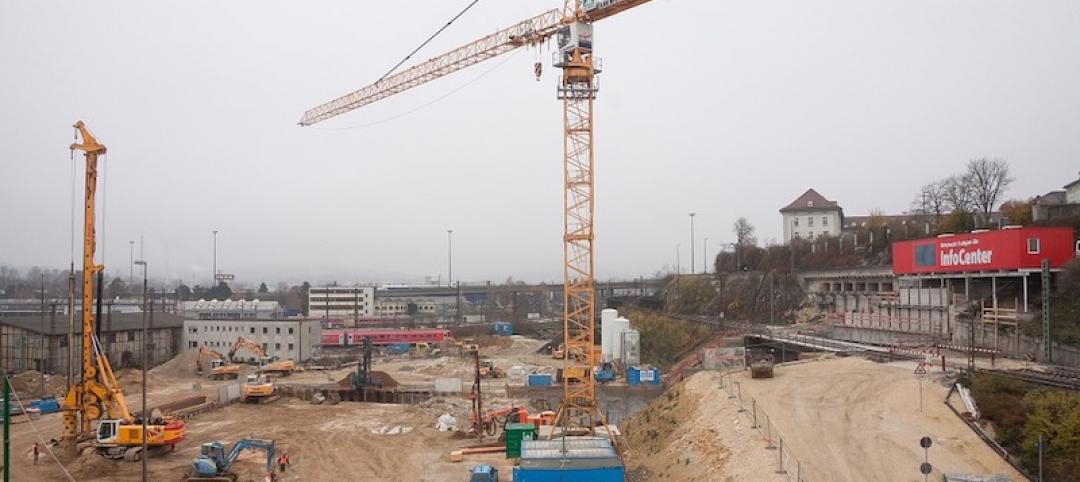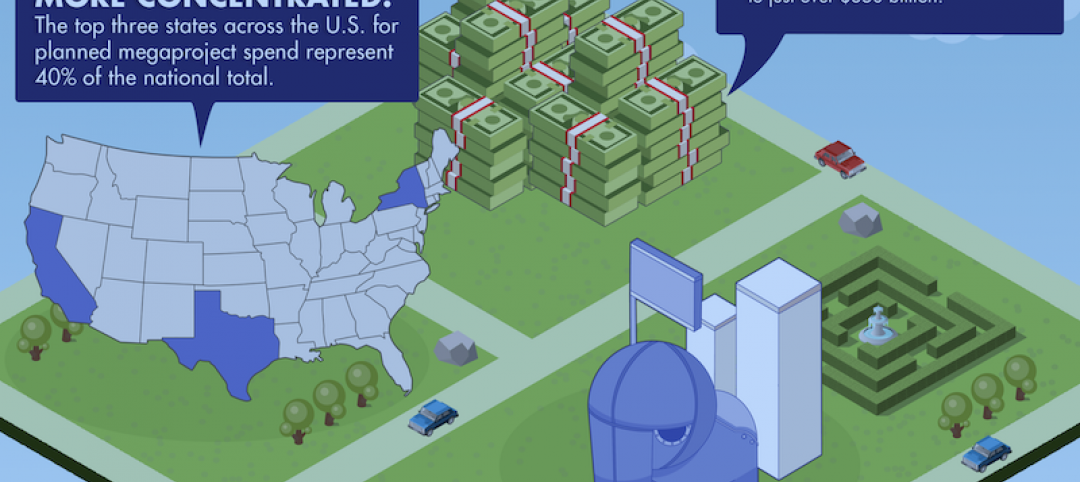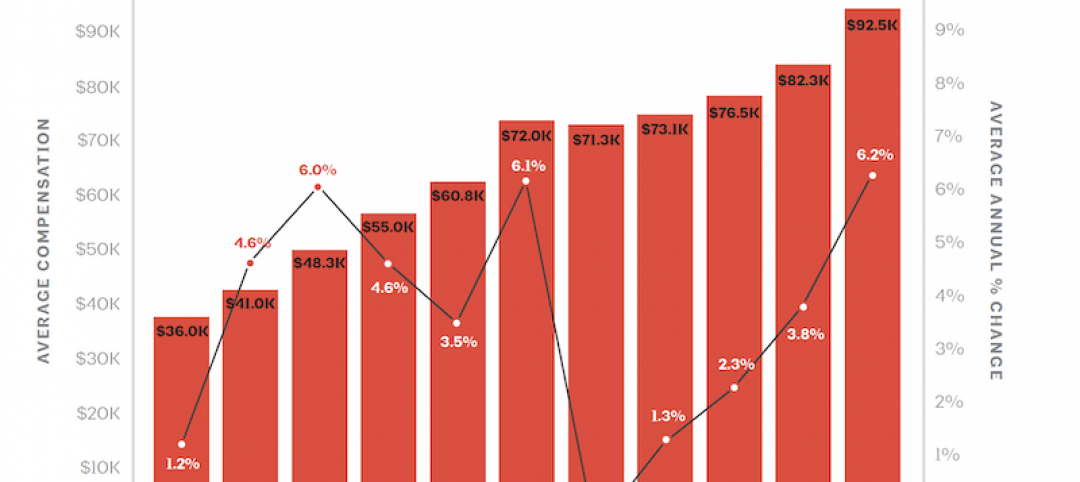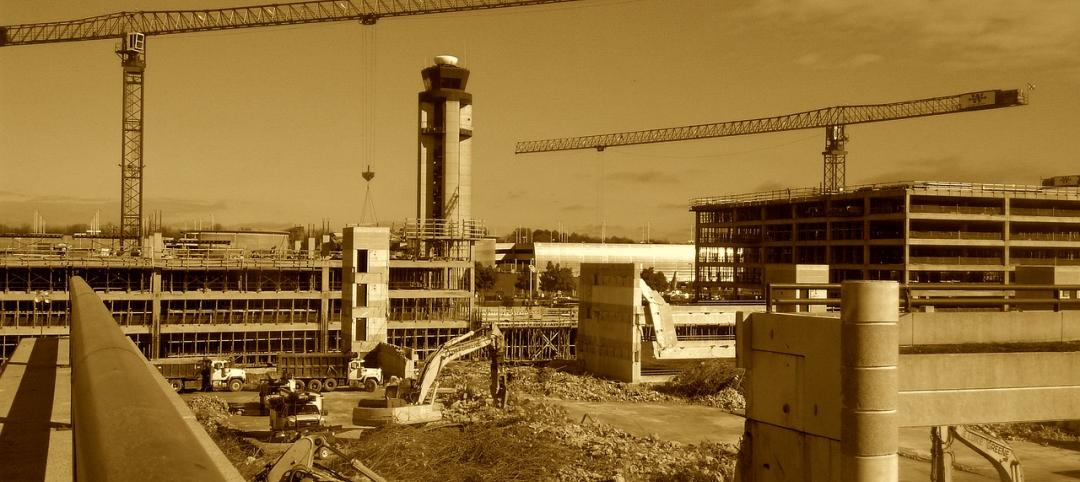The chief executive officer of the Associated General Contractors of America, Stephen E. Sandherr, issued the following statement in reaction to release today of House Democrats’ Proposed Coronavirus Recovery Measure:
“It is encouraging to see House Democrats moving quickly on legislation intended to help the economy recover from the coronavirus. Their proposal includes measures that will help construction firms that have been hard-hit by declining demand and uncertainty about future market conditions. But the proposal’s authors missed an opportunity to address some of the most significant challenges facing the industry.
“On the positive side, the measure includes some needed relief for state highway programs that have been hammered by declining gas tax revenue amid broad economic lockdown measures. The measure also includes an expansion of the employee retention tax credit that will benefit construction firms that have worked to retain employees. It authorizes composite retirement plans, which hold great potential to address the challenges facing multiemployer retirement plans in which many construction firms participate and provides other needed pension relief. And it includes measures to help construction firms working on federal projects cope with schedule delays and other impacts related to the coronavirus.
“The measure, however, fails to include any safe harbor language to protect firms that are safeguarding workers and the public from the coronavirus from limitless litigation. Meanwhile, the proposed repeal of the net operating loss carryback provision will punish firms, especially family-owned businesses, that suffered losses of $250,000 or more this year. This will make it even harder for these firms to retain staff. And the proposed expansion of the unemployment supplement through January 31 will make it more challenging for firms to rehire employees once demand begins to rebound.
“We appreciate that this measure advances a much-needed debate about the best way to re-start the economy. That is why we will continue to work with members of both parties to craft measures, including liability protections, new infrastructure investments and pension relief, that will help the construction industry recover and rebuild.”
Related Stories
Market Data | Oct 2, 2019
Spending on nonresidential construction takes a step back in August
Office, healthcare, and public safety are among the fastest-growing sectors, according to the U.S. Census Bureau's latest report.
Market Data | Sep 27, 2019
The global hotel construction pipeline ascends to new record highs
With the exception of Latin America, all regions of the globe either continued to set record high pipeline counts or have already settled into topping-out formations amidst concerns of a worldwide economic slowdown.
Market Data | Sep 25, 2019
Senate introduces The School Safety Clearinghouse Act
Legislation would create a federally funded and housed informational resource on safer school designs.
Market Data | Sep 18, 2019
Substantial decline in Architecture Billings
August report suggests greatest weakness in design activity in several years.
Market Data | Sep 17, 2019
ABC’s Construction Backlog Indicator inches lower in July
Backlog in the heavy industrial category increased by 2.3 months and now stands at its highest level in the history of the CBI series.
Market Data | Sep 13, 2019
Spending on megaprojects, already on the rise, could spike hard in the coming years
A new FMI report anticipates that megaprojects will account for one-fifth of annual construction spending within the next decade.
Architects | Sep 11, 2019
Buoyed by construction activity, architect compensation continues to see healthy gains
The latest AIA report breaks down its survey data by 44 positions and 28 metros.
Market Data | Sep 11, 2019
New 2030 Commitment report findings emphasize need for climate action
Profession must double down on efforts to meet 2030 targets.
Market Data | Sep 10, 2019
Apartment buildings and their residents contribute $3.4 trillion to the national economy
New data show how different aspects of the apartment industry positively impact national, state and local economies.
Market Data | Sep 3, 2019
Nonresidential construction spending slips in July 2019, but still surpasses $776 billion
Construction spending declined 0.3% in July, totaling $776 billion on a seasonally adjusted annualized basis.



